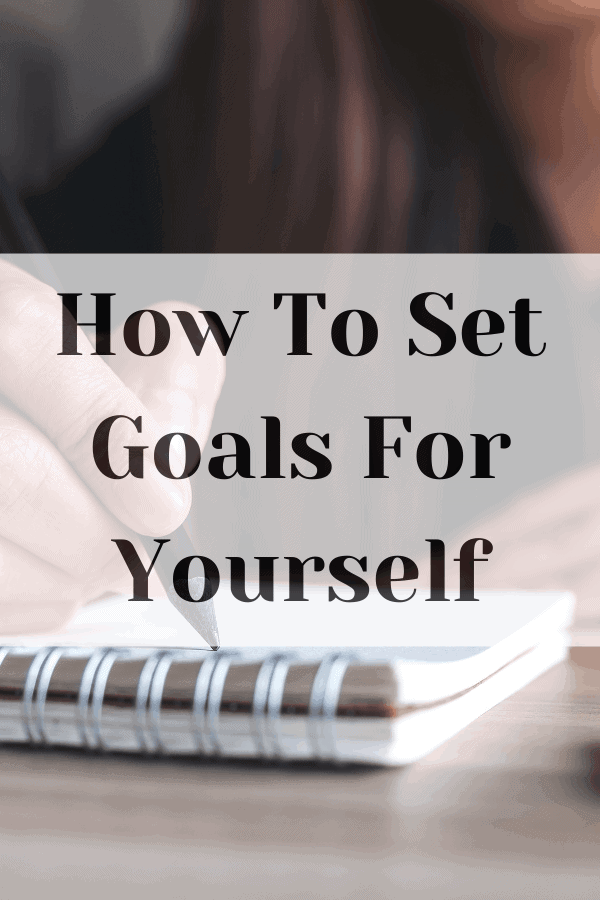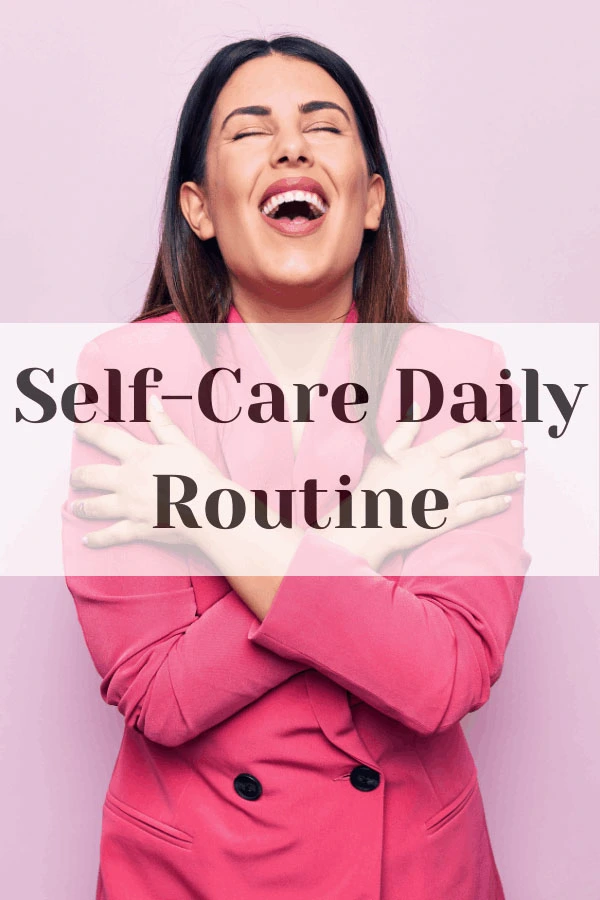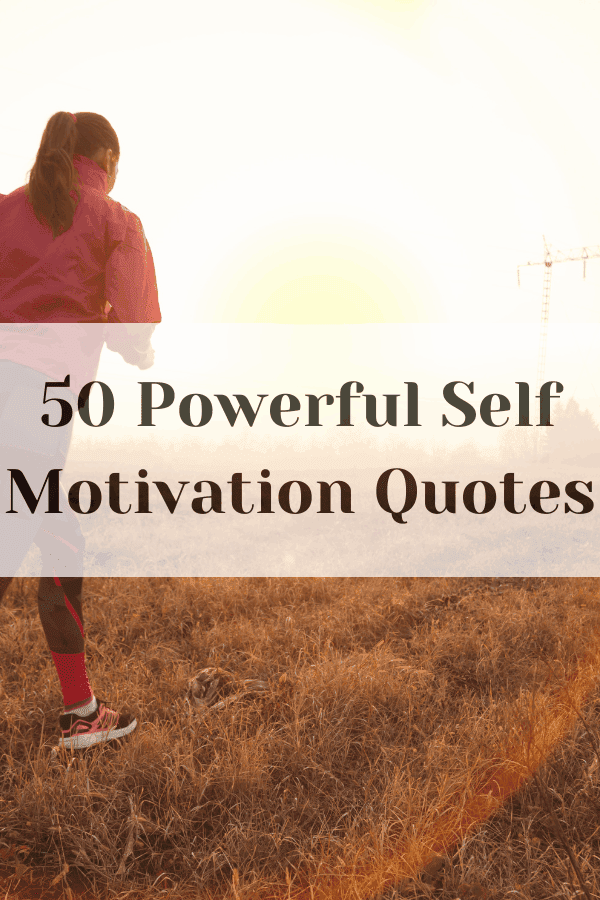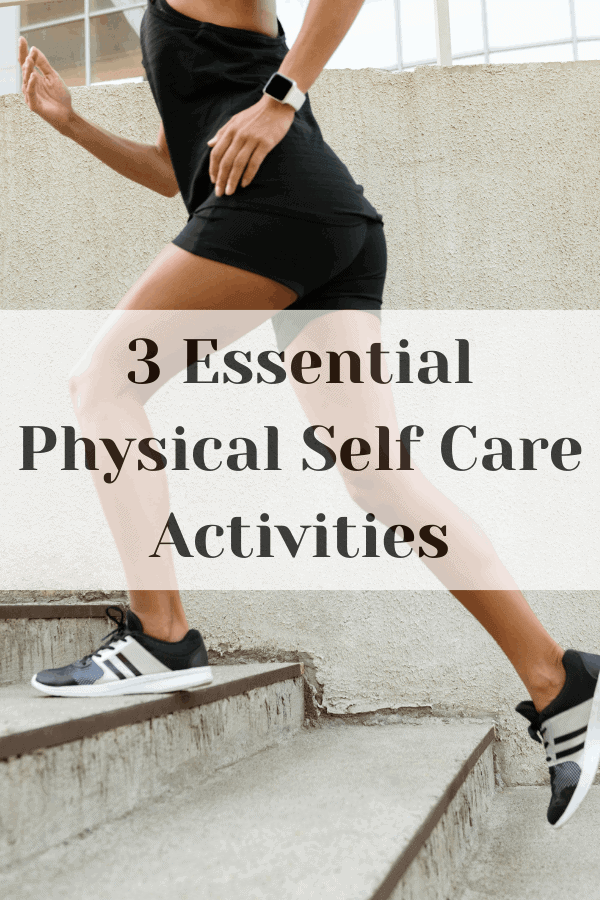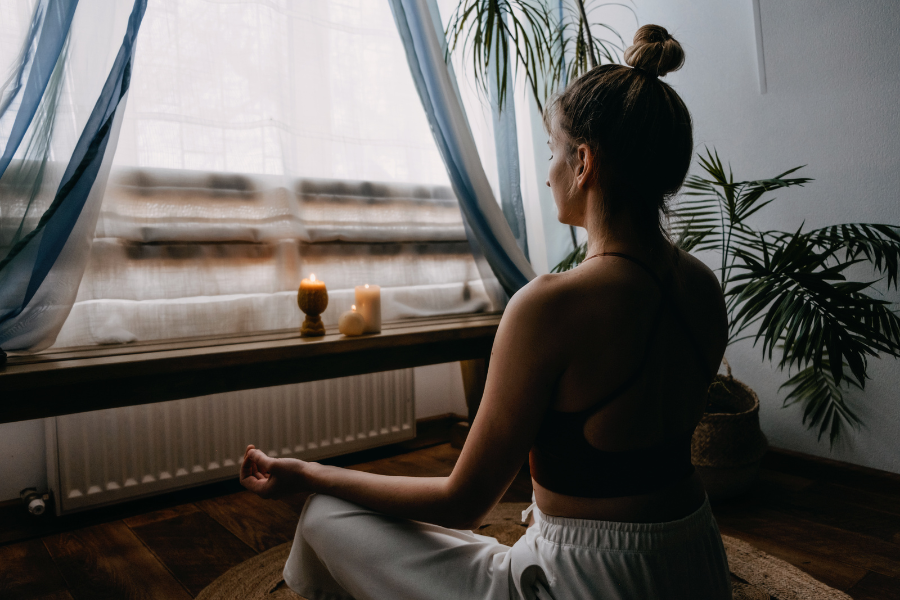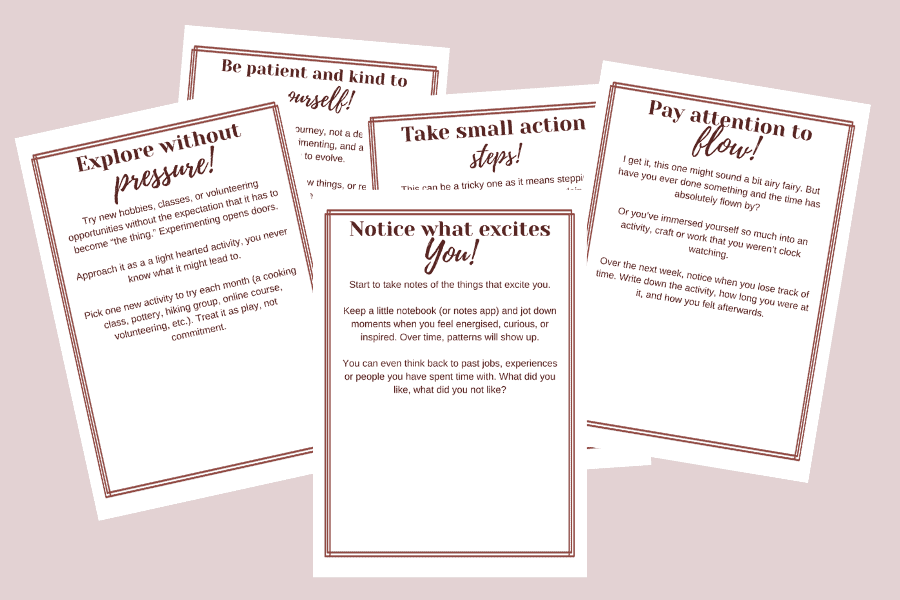The Ultimate Self Care Checklist
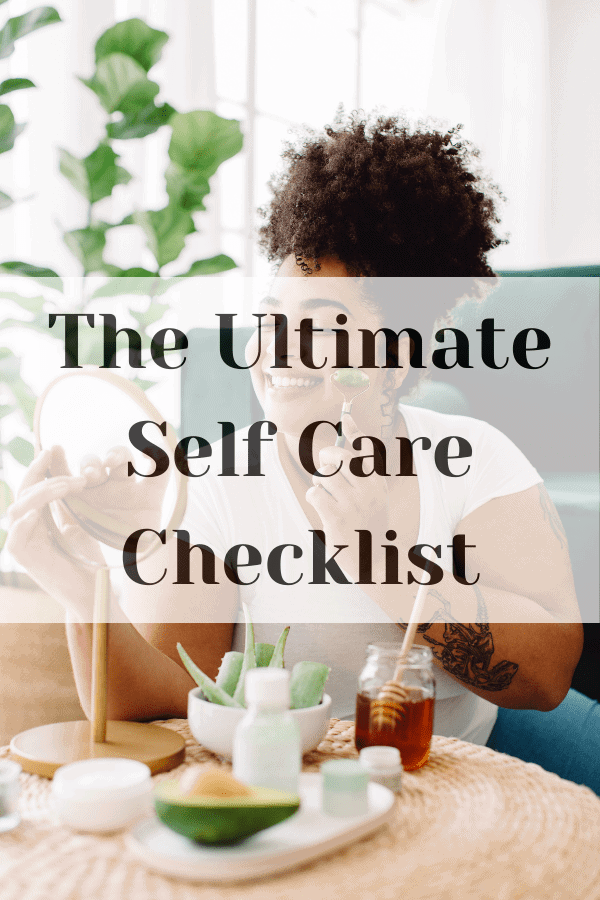
Self-care is more than just pampering yourself with a spa day or a bubble bath. It’s about taking care of your entire being – mind, body, and soul.
This means nurturing every part of yourself to achieve overall well-being and happiness.
Balancing work, family, and personal time often leaves little room for self-care.
But it’s crucial to carve out time for yourself.
This self care checklist will guide you through practical steps to enhance your mental, physical, and emotional health.
By following this checklist, you’ll find ways to reduce stress, boost your energy, and feel more connected with yourself and those around you.
Ready to transform your self-care routine? Let’s dive in!
This blog post is about self care checklist
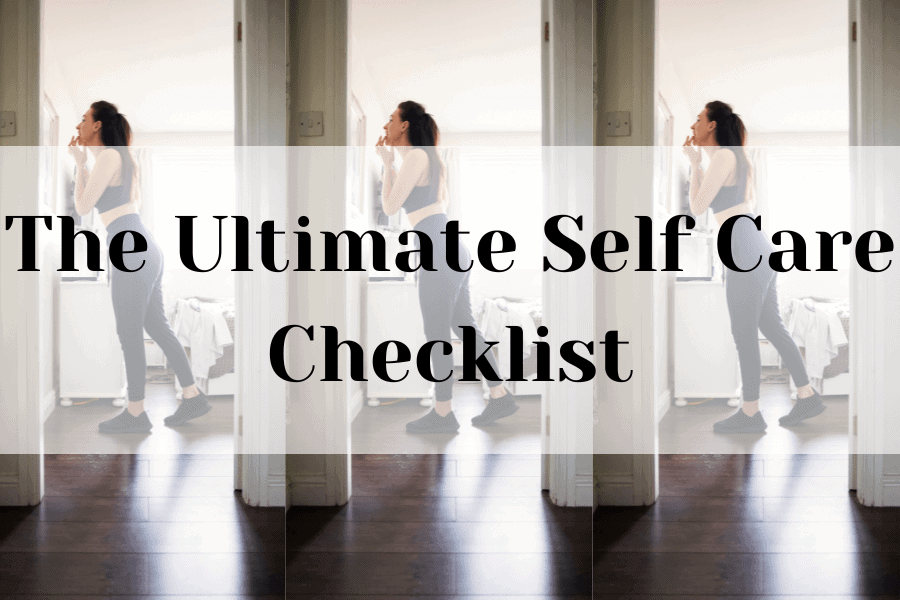
3 Top Self Care Ideas
Mindfulness Meditation
Meditation and mindfulness are powerful tools for nurturing your mind. They help reduce stress, improve focus, and enhance emotional well-being.
Regular meditation can lower anxiety and increase a sense of calm and clarity.
Mindfulness, which is the practice of being present in the moment, can help you appreciate life’s simple pleasures and become more aware of your thoughts and feelings.
Simple Ways to Incorporate Them into Daily Life
Incorporating mindfulness and meditation into your daily routine doesn’t have to be complicated. Here are some easy ways to get started:
Morning Meditation
Begin your day with a few minutes of meditation. Find a quiet spot, sit comfortably, close your eyes, and focus on your breath. Even five minutes can set a positive tone for the day.
Mindful Breathing
During the day, take short breaks to focus on your breathing. Inhale deeply through your nose, hold for a few seconds, and exhale slowly. This can help centre your mind and reduce stress.
Mindful Eating
Pay full attention to your meals. Savour each bite, notice the flavours and textures and eat slowly. This not only improves digestion but also enhances your enjoyment of food.
Body Scan
At the end of the day, do a quick body scan before bed. Lie down, close your eyes, and mentally scan your body from head to toe, noticing any tension and consciously relaxing those areas.
Guided Meditations
Use apps or online videos for guided meditations. These can be especially helpful if you’re new to meditation, as they provide structure and support.
By integrating these simple practices into your daily life, you can enjoy the numerous benefits of mindfulness and meditation. They are small steps that can make a big difference in your overall well-being.
Reading and Learning
Keeping your mind active and engaged is a key part of self-care.
Engaging your brain in new activities helps improve memory, concentration, and problem-solving skills.
It can also boost your confidence and provide a sense of accomplishment.
Suggested Activities
Reading Books
Make reading a daily habit. Choose books that interest you, whether they are fiction, non-fiction, self-help, or professional development.
Reading not only enhances your knowledge but also offers a great escape and relaxation.
Listening to Audiobooks and Podcasts
If you find it hard to sit down with a book, try audiobooks or educational podcasts.
They are perfect for commutes, workouts, or while doing household chores.
Taking Online Courses
There are countless online platforms offering courses on a wide variety of subjects.
Websites like Coursera, Udemy, and Khan Academy provide affordable and sometimes free courses. You can learn new skills, pick up a hobby, or advance your career.
Attending Workshops and Seminars
Look for local or virtual workshops and seminars that interest you.
These can be related to your profession, personal growth, or hobbies. They offer great opportunities to learn and network with like-minded individuals.
Engaging in Hobbies
Pursue hobbies that challenge your brain, like playing a musical instrument, solving puzzles, or learning a new language.
These activities are both fun and mentally stimulating.
Joining Book Clubs or Study Groups
Participate in book clubs or study groups to make learning a social activity.
Discussing books or topics with others can deepen your understanding and provide different perspectives.
Setting Learning Goals
Set specific, achievable learning goals for yourself.
Whether it’s reading a certain number of books a year or completing a course every few months, having goals can keep you motivated and on track.
By incorporating these activities into your routine, you can continuously stimulate your mind and enjoy the benefits of lifelong learning
Journaling
Journaling is a powerful tool for self-care that can greatly enhance mental clarity and emotional health.
Writing down your thoughts and feelings helps you process and make sense of them, which can reduce stress and anxiety.
It allows you to reflect on your experiences, gain insights into your emotions, and track your personal growth over time.
Tips on How to Get Started
Choose Your Medium
Decide whether you prefer a traditional paper journal or a digital format.
Some people love the tactile experience of writing by hand, while others find typing on a computer or using a journaling app more convenient.
Set Aside Time
Dedicate a specific time each day for journaling.
It could be in the morning to set intentions for the day or in the evening to reflect on the day’s events. Consistency helps in making journaling a habit.
Create a Comfortable Space
Find a quiet, comfortable place where you can write without distractions. This could be a cosy corner of your home, a café, or even a park.
Start Small
Don’t feel pressured to write pages and pages.
Start with just a few sentences or a paragraph. Over time, you might find yourself naturally writing more.
Be Honest and Authentic
Write freely and honestly.
Your journal is a private space for you to express your true thoughts and feelings without judgment.
Use Prompts
If you’re not sure what to write about, use prompts to get started.
Prompts like “Today, I am grateful for…”, “What made me happy today was…”, or “I am currently feeling…” can help you begin.
Include Positive Affirmations
Write positive affirmations and things you love about yourself.
This can boost your self-esteem and promote a positive mindset.
Reflect on Goals and Achievements
Use your journal to set personal goals and reflect on your progress.
Celebrate your achievements, no matter how small.
Mix It Up
Don’t feel confined to writing only.
Include sketches, doodles, or even collage elements if you enjoy being creative. This can make journaling more fun and expressive.
Review Regularly
Periodically read through your past entries.
This can provide valuable insights into your personal growth and help you understand patterns in your thoughts and behaviours.
By incorporating journaling into your self-care routine, you can enhance your mental clarity and emotional health.
It’s a simple yet effective way to connect with your inner self and navigate the complexities of daily life.
Self Care Checklist
Here are some more simple, yet effective self care activities you can do:
1. Drink Water
Aim for at least 8 glasses of water a day. Staying hydrated supports overall bodily functions.
2. Practice Yoga
Follow a yoga video for 15-30 minutes. Yoga increases flexibility and reduces stress.
3. Take a Bath
Soak in a warm bath with Epsom salts. Baths relax muscles and calm the mind.
4. Listen to Music
Play your favourite songs. Music boosts mood and provides emotional release.
5. Cook a Healthy Meal
Prepare a nutritious meal with fresh ingredients. Cooking healthy food enhances physical well-being.
6. Disconnect from Screens
Take a break from devices for an hour. Reducing screen time improves sleep and reduces eye strain.
7. Connect with a Friend
Call or video chat with a friend. Social connections enhance emotional support and reduce loneliness.
8. Practice Gratitude
Write down three things you’re grateful for each day. Gratitude practices improve mental positivity.
9. Stretch
Do a 5-minute stretching routine. Stretching relieves tension and improves flexibility.
10. Spend Time in Nature
Visit a park or garden. Nature exposure boosts mood and reduces stress.
11. Set Goals
Write down short-term and long-term goals. Goal setting provides direction and motivation.
12. Sleep Well
Aim for 7-8 hours of sleep. Good sleep is crucial for physical and mental health.
13. Declutter a Space
Organise a cluttered area of your home. Decluttering reduces stress and increases productivity.
14. Practice Deep Breathing
Take slow, deep breaths for a few minutes. Deep breathing calms the nervous system.
15. Engage in a Hobby
Spend time on a hobby you enjoy. Hobbies provide joy and stress relief.
16. Volunteer
Offer your time to a cause you care about. Volunteering fosters a sense of purpose and community.
17. Mindful Eating
Eat slowly and savour your food. Mindful eating improves digestion and the enjoyment of meals.
18. Creative Expression
Engage in a creative activity like drawing, painting, or crafting. Creative expression allows you to explore your imagination, relieve stress, and find joy in the act of creation.
19. Mindful Gardening
Spend time tending to a garden or caring for houseplants. Gardening connects you with nature, provides physical activity, and has been shown to improve mood and reduce stress.
20. Digital Detox
Set aside a day or a few hours each week to unplug from all digital devices. A digital detox helps reduce screen-induced stress, encourages real-world interactions, and can improve your overall sense of well-being.
Prioritising self-care is essential for your overall well-being.
It’s easy to get caught up in the demands of daily life and neglect your own needs. But remember, you can’t pour from an empty cup.
Taking time for yourself isn’t selfish; it’s necessary. Make self-care a non-negotiable part of your routine.
Set boundaries, say no when you need to, and make time for activities that bring you joy and relaxation.
By embracing a holistic self-care approach, you’ll find yourself more resilient, energised, and emotionally balanced.
You deserve to feel your best, so take the steps today to make self-care a priority. Your future self will thank you.
This blog post was about self care checklist
Share this post: on Twitter on Facebook

